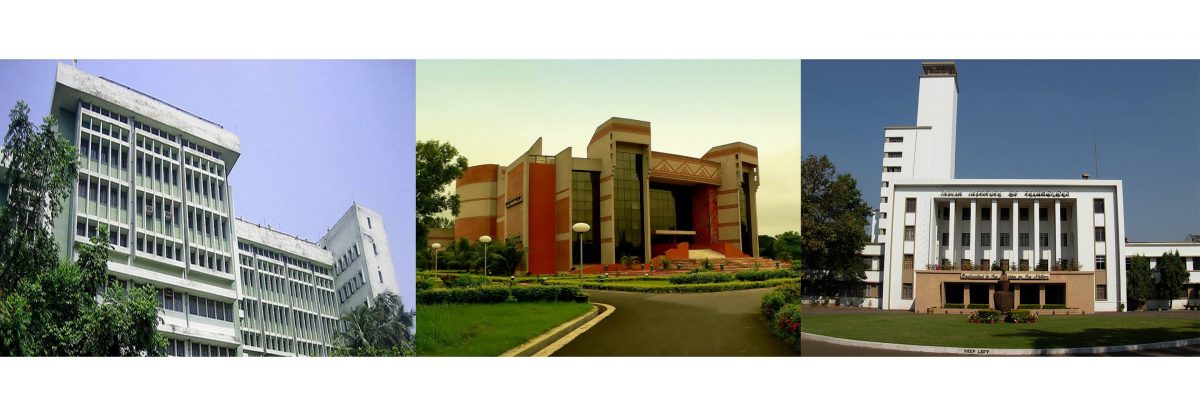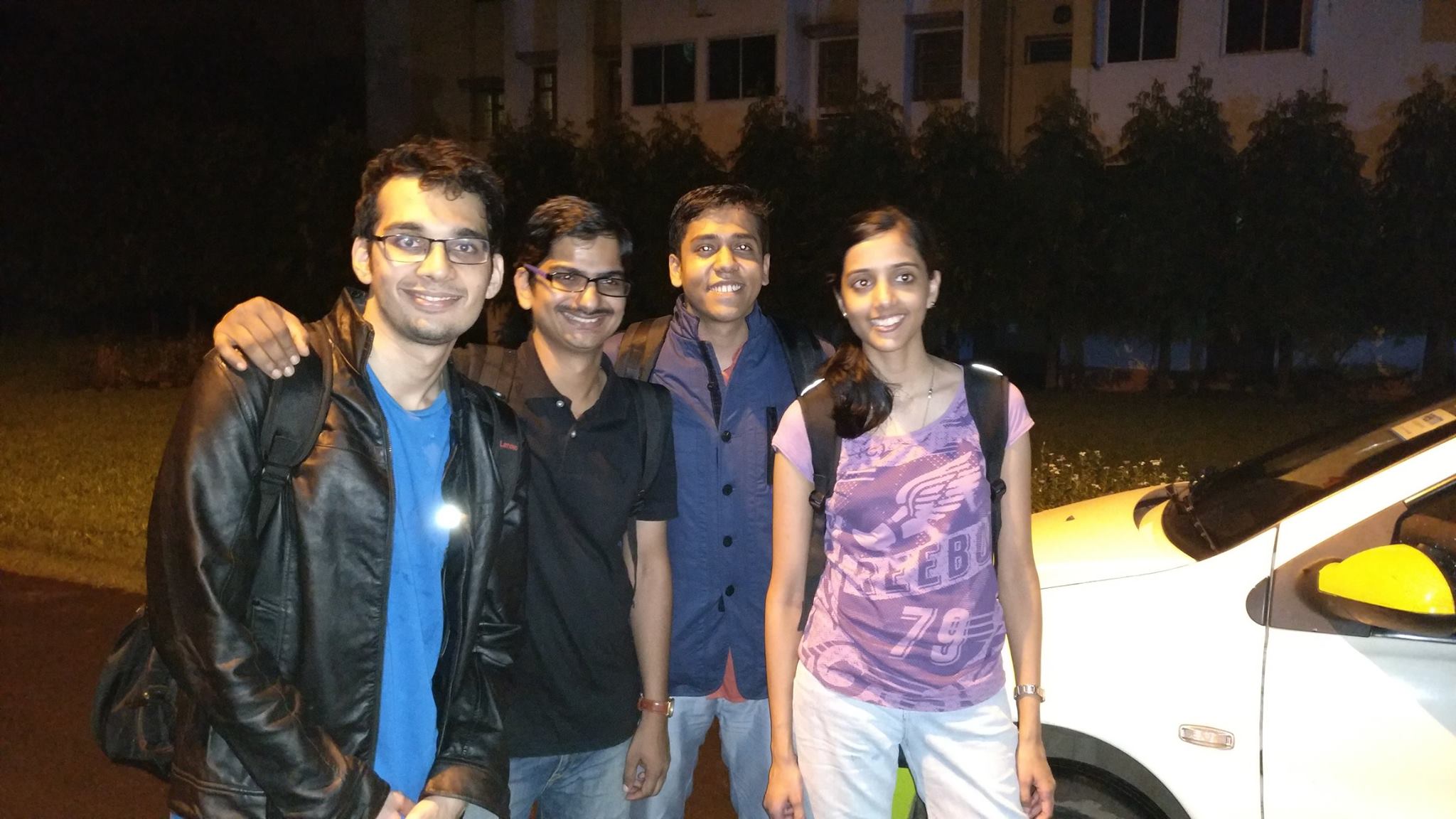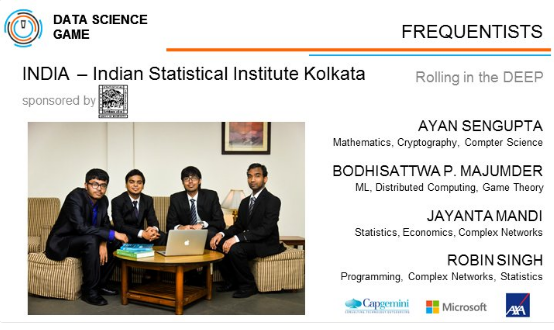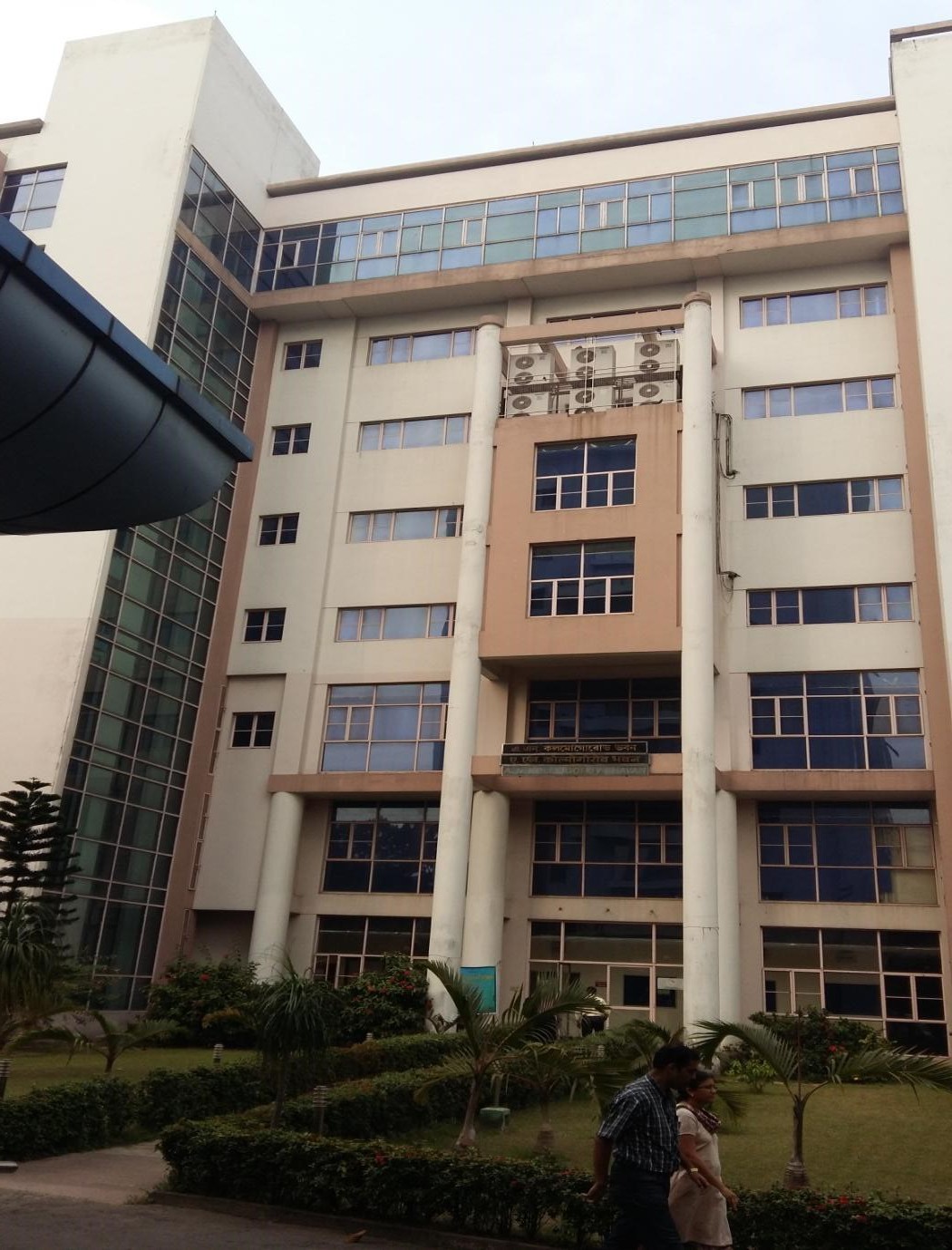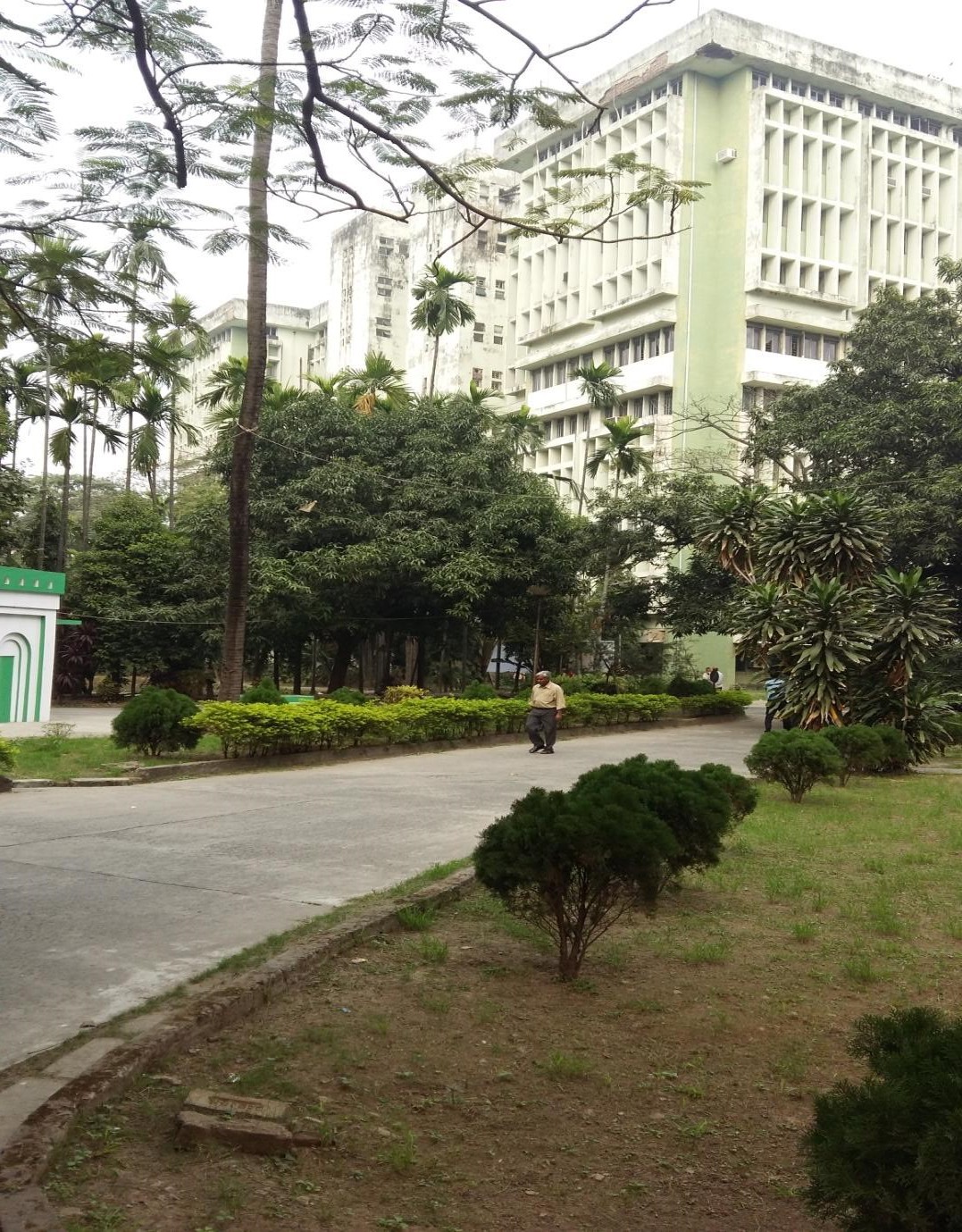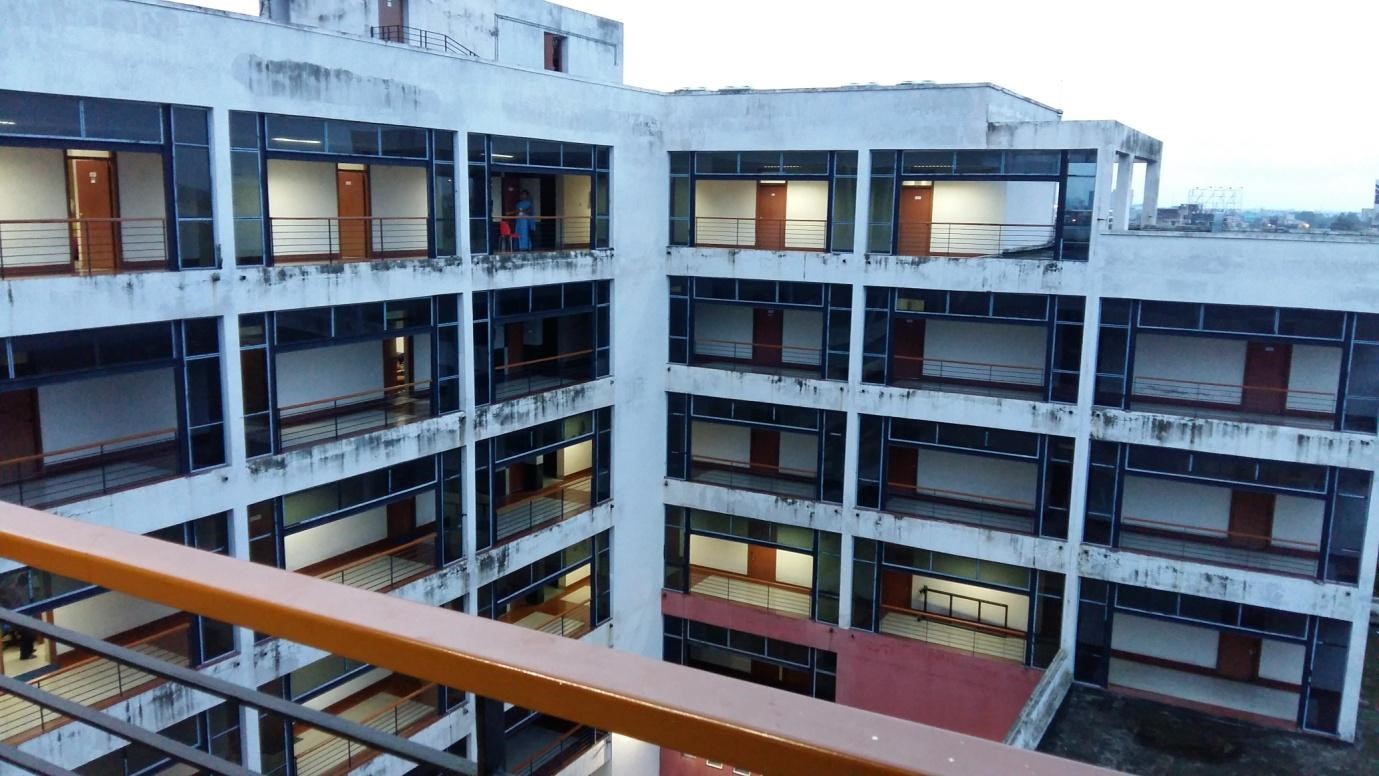As the founding batch prepares for their final placements, we bring to you a sneak peek into the persona of a unique group of people who are going to cross the borders for their 6-month long internships.
Madhur Modi
It was June 2015 when a set of 51 students set foot on the doorsteps of IIM Calcutta, ready to embark upon a journey filled with chaos! They had no idea how their decision to join this new course – Postgraduate Diploma in Business Analytics (PGDBA), hosted by the three prestigious institutes in India and the oldest ones in this field would shape their future career. Even though they were all convinced of the strength of data and how it could be used to disrupt entire markets, they themselves weren’t sure what a roller coaster ride they were going to go through. Then, as the time to start the internship semester draws near, 6 students were offered foreign internship offers and today, four of them are traveling to various countries to start their foreign interns. In this founding batch, these six students also contain a blend of people with work experience and freshers and come from diverse backgrounds. Here’s a showcase of their profiles:
Alok Mani Singh The civil engineer from BHEL, and the “stud” with 4-year worth of experience from a Maharatna PSU and IIT Guwahati attached in his name was the first person who secured his foreign intern in the prestigious Dunia Finance in Dubai. The “Perfect Statistician” as well as the “Management expert” who can solve any problem that comes his way “within a night or two”. He also likes to play guitar and has entertained us for past one and a half years with his pleasant voice. Now he will be working closely with the head of strategic analytics function at Dunia during his 6-month internship in Dubai.
Siddhant Sanjeev “Coder” as everyone in the batch knows him to be, was the only other person to impress the company Dunia and accompany Alok to Dubai. Everyone in the batch knows him as a fresher with computer science background from NSIT and a national level coder. He also got himself an interview offer from Google owing to his coding skills as well as won case competitions from PwC and Deloitte. He also developed an e-commerce website using intricate concepts of natural language processing, recommendation systems and information retrieval.
Ankitkumar Sonthalia Better known as “Sonthu”, this guy has 3 years of work experience from Cognizant and now he is going to work for Rocket Internet in Myanmar. He has worked on marketing strategy, predictions and recommendation systems. He is a travel enthusiast and has organized many unforgettable trips for our batch. He has also conducted cricket fantasy league and freshers’ party.
Rachit Tripathi A mechanical engineer from IIT Kanpur by mind and a quant trader by heart, Rachit bagged an internship in France at QuantCube Technology, a niche fintech company. He’s also part of the team selected for data science game, an international inter-university competition held in Paris. In his pursuit of becoming a quant trader, he obtained CFA level 1 certification and solved various cases from those on Walmart to those on Yahoo data. He is also known as the “data scientist” of the batch and has recently been selected as one of the finalists in Goldman Sachs Quantify competition.
Avinash Kumar He is a mechanical engineer from NIT Jamshedpur and has worked in L&T for 3 years. He was offered an internship at Rocket Internet which he did not take as he aspired to work in India. He has written an international research paper and also has been part of the Data Science Game with Rachit during this course. He also won NASA systems engineering award while being a B.Tech. student. Besides, he is also a skilled TT player as well as a chess enthusiast.
Bharathi Ramaraj Bharathi got the internship offer from Rocket Internet but she decided to stay in India. The only girl to get a foreign internship offer, she is a fresher with B.Tech. in Electronics and Communications Engineering. She has worked on uplift modeling, high-frequency data and news analytics and has taken part in various Kaggle competitions. She is also an international chess player and has traveled to as many as 16 countries representing India. She envisions being a financial analyst and to use advanced analytics techniques in a financial credit company to build her career.
Despite such varying backgrounds and profiles, students of PGDBA were able to spread the word about the program and attained internships in various places like Dubai, France and Myanmar. A lot of us were not sure about what we will be able to achieve when we started this journey, but now seeing the accomplishments, as showcased by the examples above, we have grown a lot more confident in our abilities and can envisage a clearer picture of our future in the analytics world.
Best wishes to the entire batch for their internship semester! We are sure that all of you will imprint the brand PGDBA in the world of data analytics.
